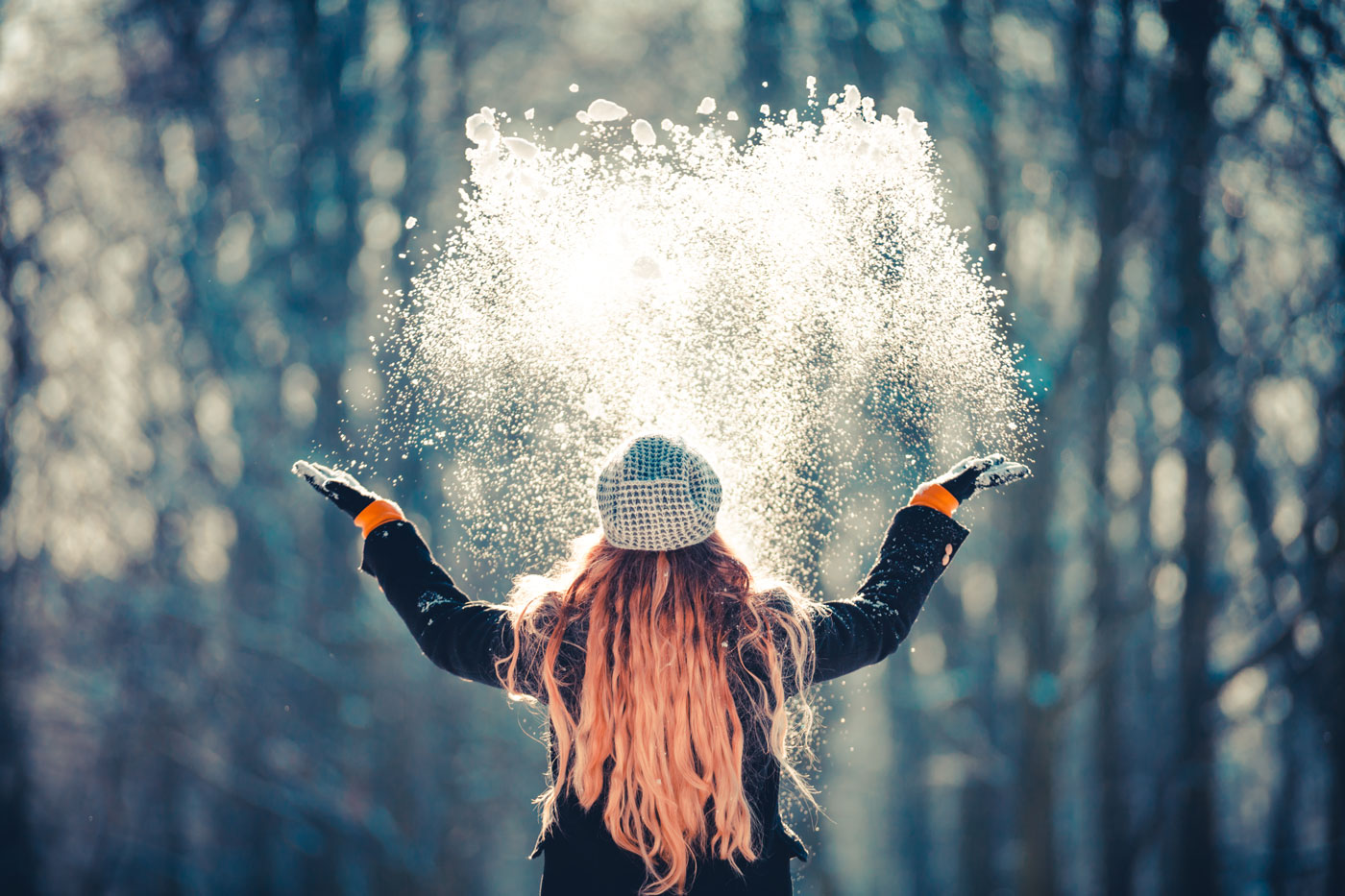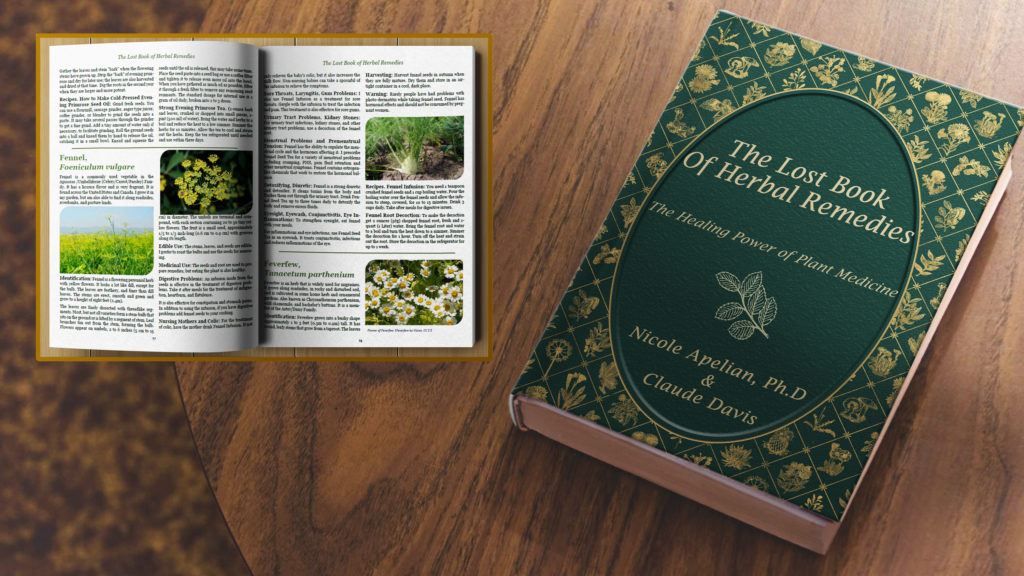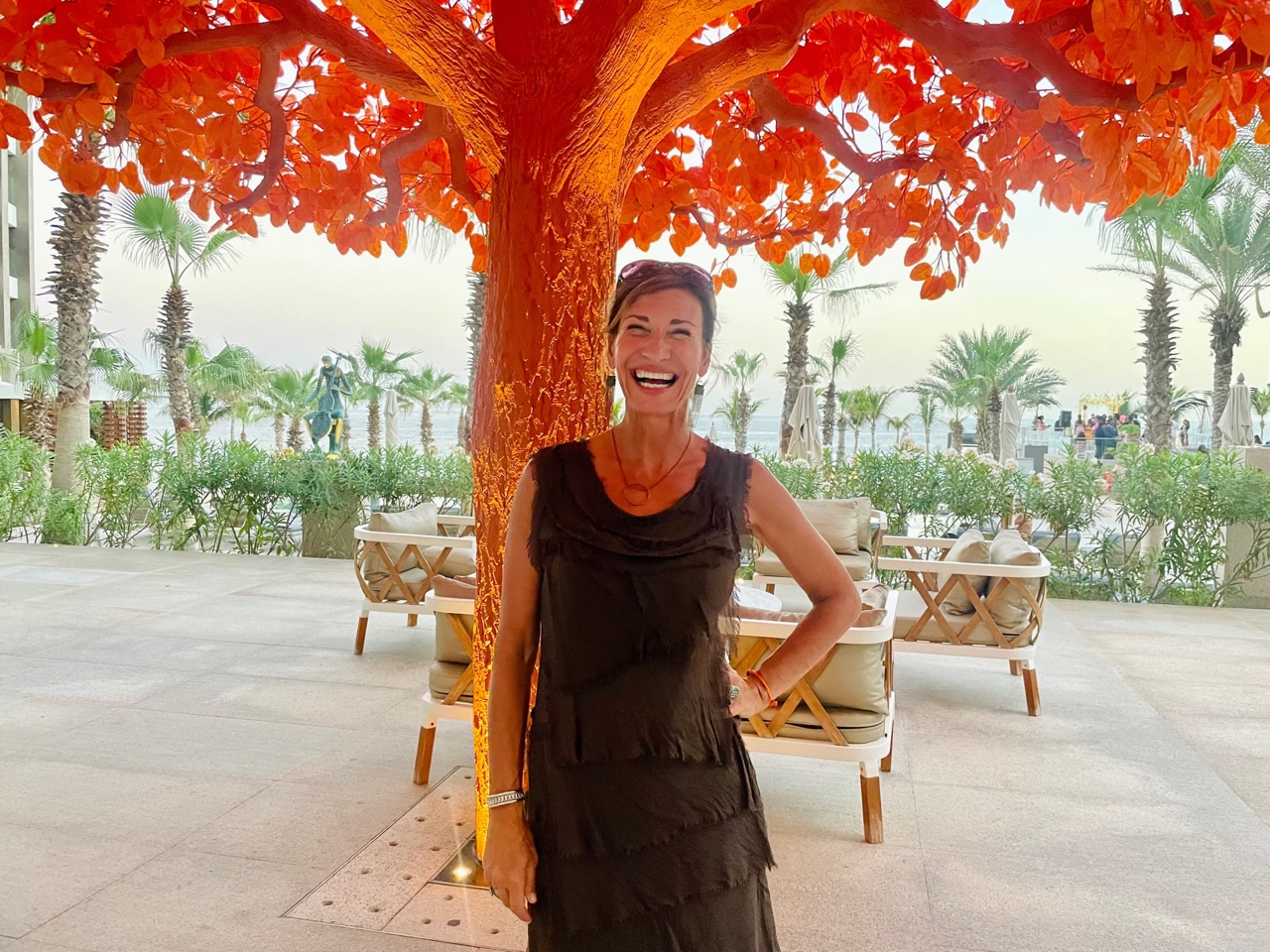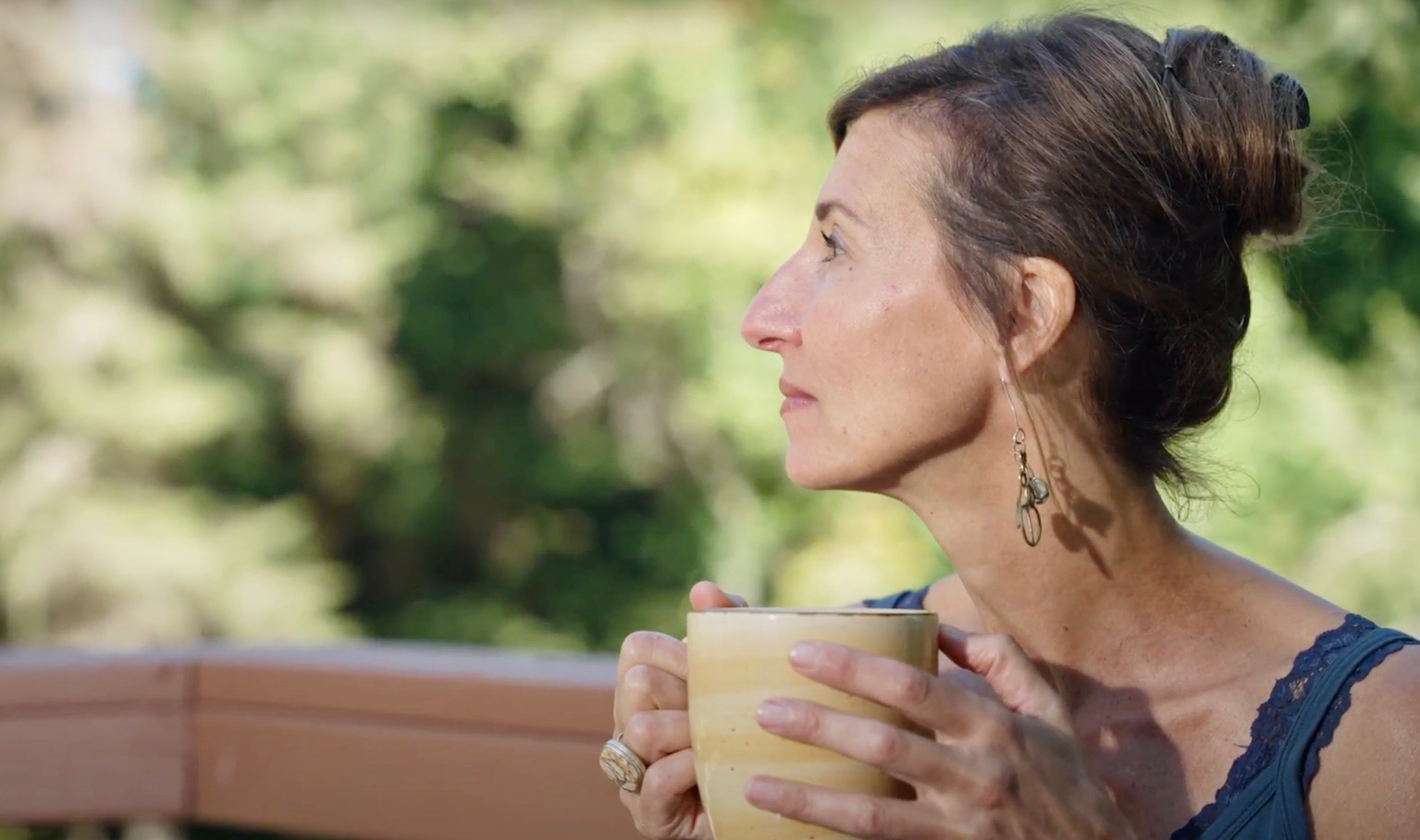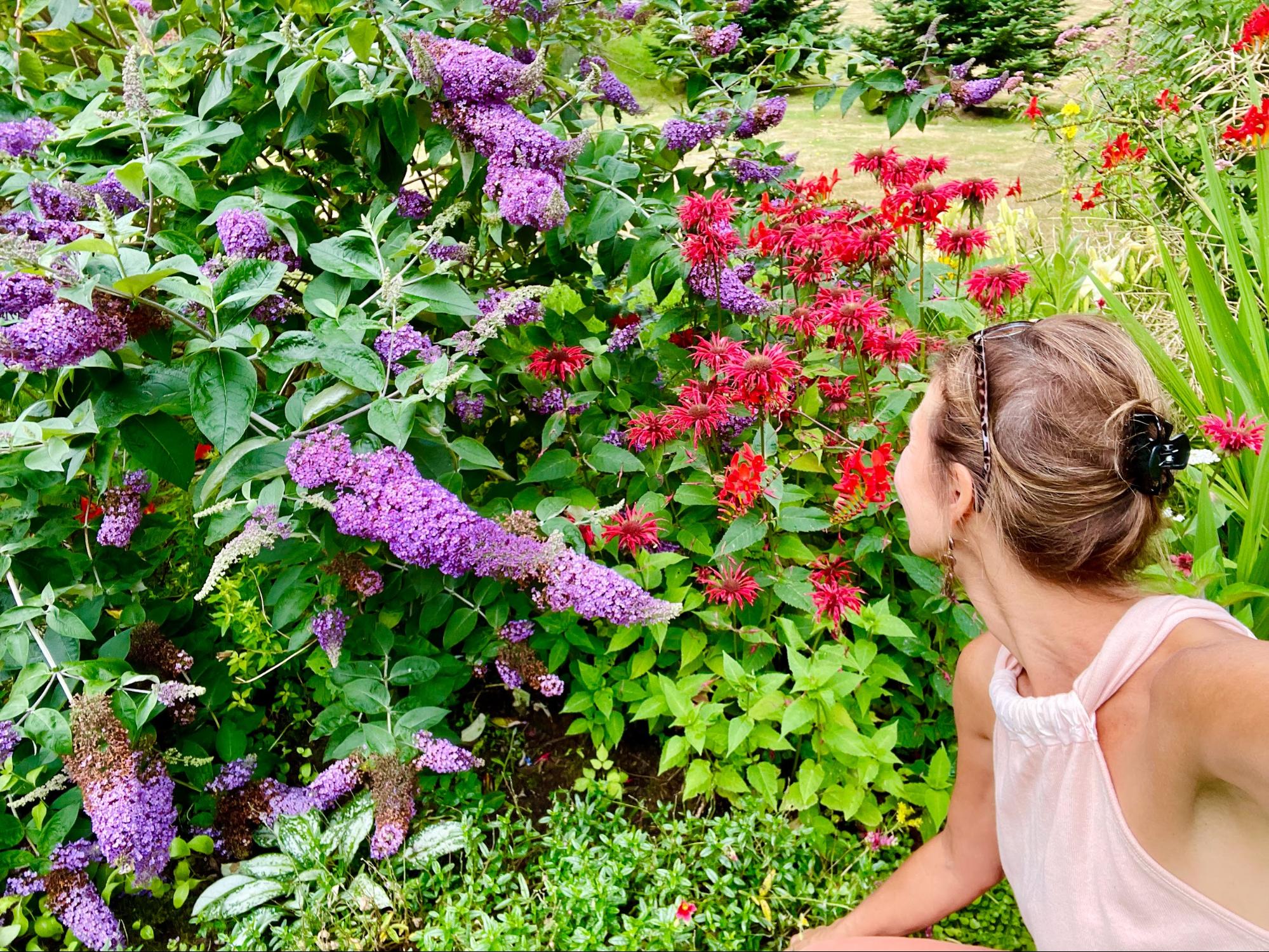The benefits of connecting with nature are vast. A study in the Journal of Environmental Psychology1 showed that when participants viewed an urban rooftop garden for a 40-second micro-break, they experienced heightened relaxation, improved focus, and an increase in overall productivity compared to those who looked at a concrete roof.
Another experiment in Finland found that a stroll through an urban woodland or park for as little as 20 minutes significantly relieved more stress than those who walked through the city center.3
Researcher David Strayer also believes nature can help reset our brains from the bombardment of information we receive each day through technology, which often leads to mental fatigue, lack of focus, and feeling overwhelmed.
“If you’ve been using your brain to multitask—as most of us do most of the day—and then you set that aside and go on a walk, without all of the gadgets, you’ve let the prefrontal cortex recover,” says Strayer. “And that’s when we see these bursts in creativity, problem-solving, and feelings of well-being.”
His team found that hikers who had completed a four-day backpacking trip increased their level of creativity in solving puzzles by an incredible 47 percent.4
Similarly, researchers at the University of Michigan discovered that people who took a nature walk experienced favorable outcomes.2 Dr. Sara Warber, associate professor of family medicine, says their findings suggest activities like joining a walking group not only increased positive emotions but may also help to relieve depression.
Connection to nature in wintertime may be especially important for those who suffer from seasonal affective disorder (SAD). Vaile Wright, PhD., senior director of Health Care Innovation at the American Psychiatric Association (APA), recommends taking a midday 10-minute walk outdoors to maximize natural sunlight.
She believes the number of people experiencing SAD could increase this year but stresses “it’s not inevitable if people plan ahead and take steps to both maximize their exposure to sunlight and nature, and continue to find ways to engage in self-care including maintaining social connection with others.”
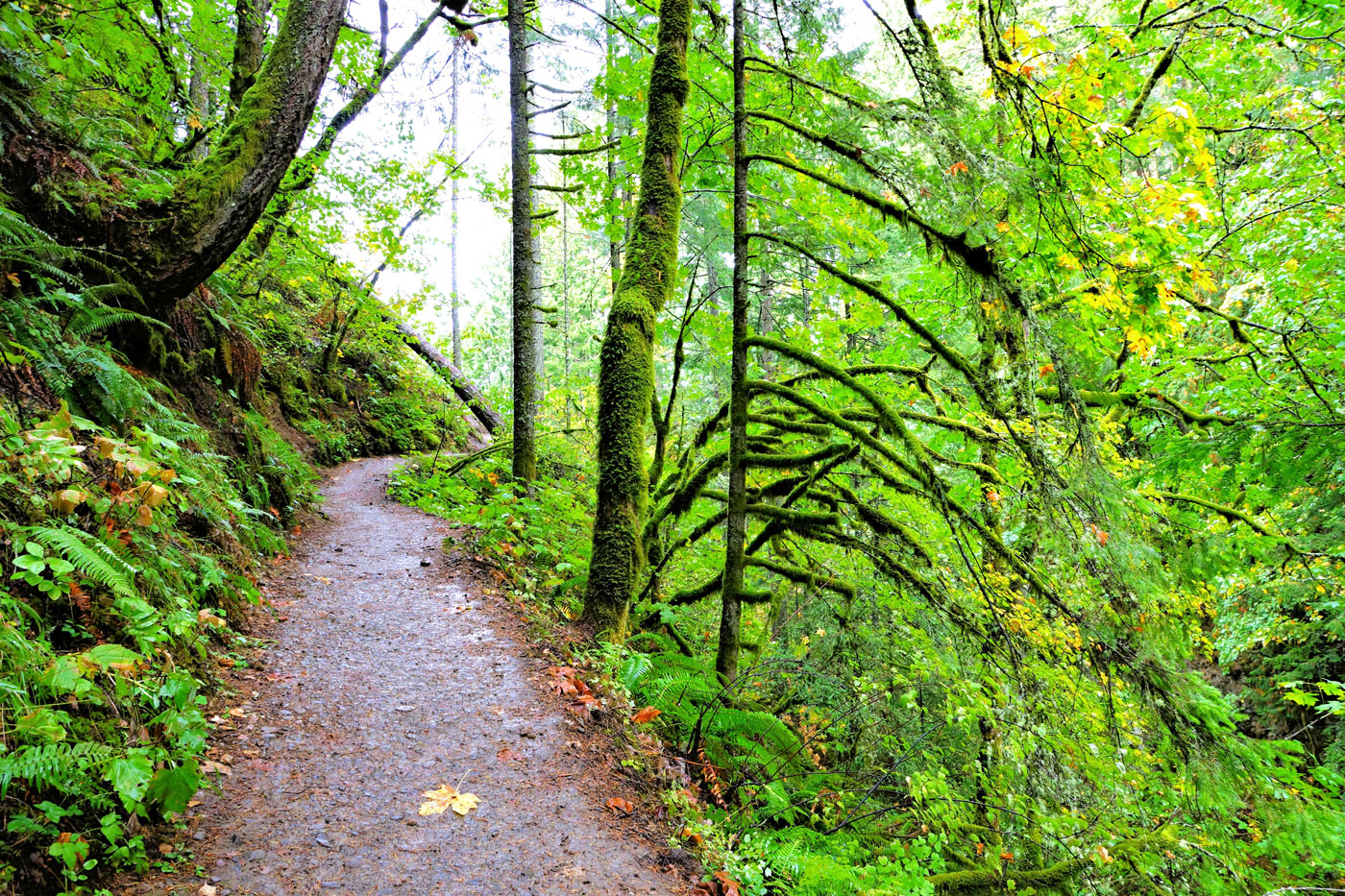
Lastly, don’t forget about the power of herbs to keep your outlook bright this winter.
My Stress & Anxiety tincture contains Lemon Balm, which acts as a nervine to soothe the nervous system, while adaptogens Reishi and Ashwagandha assist with the stress response.
Moreover, St. John’s Wort paired with Lemon Balm has been traditionally used to naturally manage mild depression and seasonal affective disorder.
Visit my Apothecary for these and many other helpful herbal remedies.
Nicole Apelian
Sources
- Kate E. Lee, Kathryn J.H. Williams, Leisa D. Sargent, Nicholas S.G. Williams, Katherine A. Johnson. “40-second green roof views sustain attention: The role of micro-breaks in attention restoration”. Journal of Environmental Psychology, Vol. 42, June 2015. https://www.sciencedirect.com/science/article/abs/pii/S0272494415000328
- Beata Mostafavi. “Group nature walks linked to improved mental health”. The University Record, University of Michigan, September 26, 2014. https://record.umich.edu/articles/group-nature-walks-linked-improved-mental-health/
- Liisa Tyrväinena, Ann Ojalaa, Kalevi Korpelab, Timo Lankic, Yuko Tsunetsugud, Takahide Kagawad. “The Influence of urban green environments on stress relief measures: A field experiment”, Journal of Environmental Psychology, Vol. 38, June 2014. https://www.sciencedirect.com/science/article/abs/pii/S0272494413000959
- Ruth Ann Atchley, David L. Strayer. “Creativity in the wild: improving creative reasoning through immersion in natural settings.” PloS one vol. 7,12 (2012): e51474. doi:10.1371/journal.pone.0051474
Roll Up Your Sleeves and Do it Yourself?
Are you interested in making your own herbal remedies at home and learning about the many plants, lichens, and mushrooms you can find out your own back door? If so please pick up a copy of my book: "The Lost Book Of Herbal Remedies: The Healing Power of Plant Medicine" today!
Not in Europe or the US? Not a problem, click here to order your copy »

